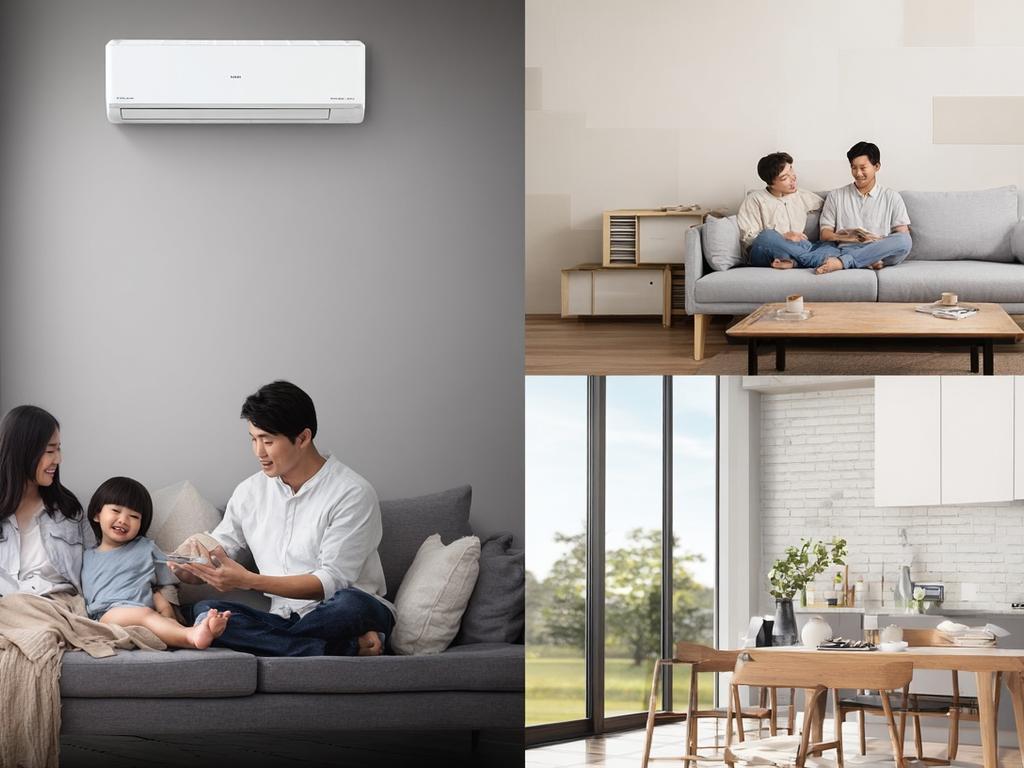Inverter Air Conditioners: Understanding the Hype and Cost

Introduction
Getting familiar with inverter air conditioners and their growing relevance in the air conditioning system choices.
Basics of Inverter Technology
What is inverter technology? A detailed look into how inverter air conditioners work and their differences from conventional (non-inverter) systems.
Advantages of Inverter Air Conditioners
- Energy Savings: Illustrating how inverter air conditioners reduce energy consumption with examples and statistics.
- Improved Performance: Maintaining consistent temperatures and faster cooling and heating capabilities.
- Quiet Operation: How they are quieter compared to traditional models.
- Longer Lifespan: Less wear and tear leading to durability.
Disadvantages of Inverter Air Conditioners
- Higher Cost: Analyzing the price range and comparison with traditional models.
- Maintenance and Repair Complexity: Potential challenges in servicing and repairs.
Is Paying Extra for an Inverter Air Conditioner Worth It?
Identifying who would benefit from inverter models and under what conditions they are justified.
Comparison with Traditional Systems: Summarizing the pros and cons and providing recommendations for making a choice.
Conclusion
Summarizing key points and offering personal advice from the author on choosing an air conditioner.
Additional Materials
Tips and recommendations on selecting an inverter air conditioner and what to consider during the purchase.
Yasmine is currently an Associate Professor of Psychology at Mount Saint Mary College where she teaches a wide array of courses in the Psychology department. She is a Fulbright Scholar spent a year working at the Medical Decision Making Center at Ono Academic College in Israel.
Yet, as many higher education professionals can surely attest to, I have also witnessed the other challenge in group decision making. In academia, engaging in critical dissent is encouraged (reviewed by Jetten & Hornsey, 2014), and while this is a fine attribute, practically,
